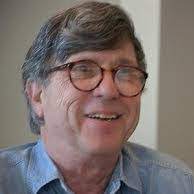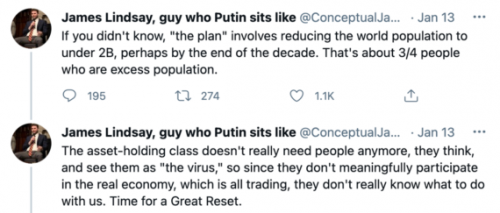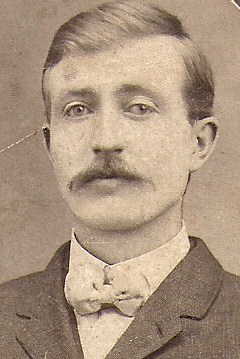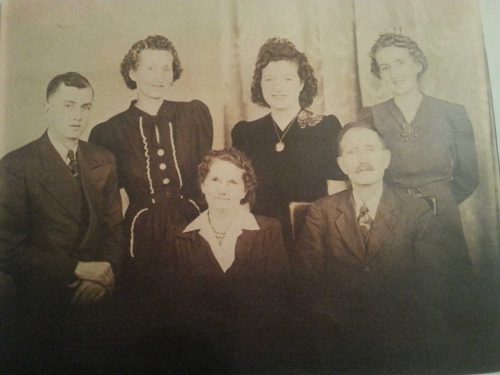This is terrible news. He was so influential on my thinking about biology, personally.
It is with profound sadness I relate the news that I just heard. Richard Lewontin died this morning. He was in poor health and passed away three days after his wife of many years, Mary Jane. He left an indelible mark on the field and will be remembered with deep admiration.
— Dmitri Petrov (@PetrovADmitri) July 4, 2021
If I had my way, one of his books would be required reading in our introductory biology course (we decide on books as a group, so no, I’m not in charge). My only problem would be picking which one?
Fortunately, I do have total control over your reading habits (I don’t want to know if that’s not true), so I shall command you all to run out and buy and read all of these to do honor to the man.
- The Triple Helix: Gene, Organism, and Environment
- Biology as Ideology: The Doctrine of DNA
- The Dialectical Biologist
- It Ain’t Necessarily So: The Dream of the Human Genome and Other Illusions
- Biology Under the Influence: Dialectical Essays on the Coevolution of Nature and Society
- Not In Our Genes: Biology, Ideology, and Human Nature
OK, if you are resisting my influence, pick at least one. The first two are slim books, short and easy; if I were to foist any book on my students it would probably be The Triple Helix. They’re all good, and they all represent a perspective that our society needs right now.












